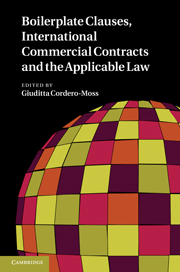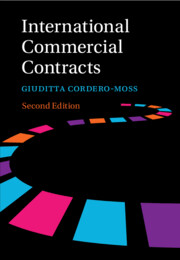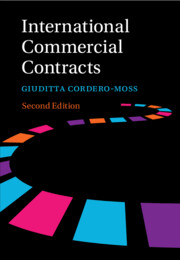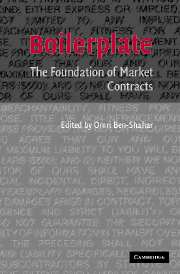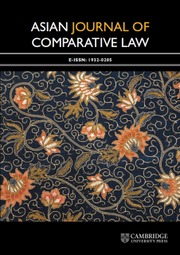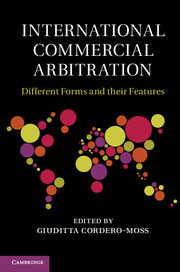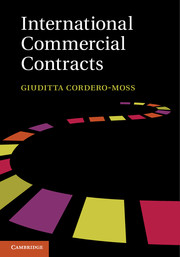Boilerplate Clauses, International Commercial Contracts and the Applicable Law
With the aim of creating an autonomous regime for the interpretation and application of the contract, boilerplate clauses are often inserted into international commercial contracts without negotiations or regard for their legal effects. The assumption that a sufficiently detailed and clear language will ensure that the legal effects of the contract will only be based on the contract, as opposed to the applicable law, was originally encouraged by English courts, and today most international contracts have these clauses, irrespective of the governing law. This collection of essays demonstrates that this assumption is not fully applicable under systems of civil law, because these systems are based on principles, such as good faith and loyalty, which contradict this approach.
- Explains the most typical effects of boilerplate clauses under the law of a series of countries to assist practising lawyers who use them in commercial contracts
- Demonstrates that international contracts are affected by the applicable law to a previously unsuspected extent, thus inducing practitioners and academics alike to reconsider their reliance on the possibility of uniformly interpreting and applying standard contract wording
- Explains how contracts shall be interpreted if they are written on the basis of a law different from the law that governs them, thus providing practitioners with the instruments to write and interpret contracts in the awareness of the governing law
Product details
April 2011Hardback
9780521197892
426 pages
229 × 152 × 25 mm
0.77kg
Available
Table of Contents
- Introduction
- Part I. How Contracts Are Written In Practice:
- 1. Negotiating international contracts: does the process invite a review of standard contracts from the point of view of national legal requirements? David Echenberg
- 2. Multinational companies and national contracts Maria Celeste Vettese
- Part II. Methodological Challenges:
- 3. Does the use of common law contract models give rise to a tacit choice of law or to a harmonised, transnational interpretation? Giuditta Cordero Moss
- 4. Common law based contracts under German law Gerhard Dannemann
- 5. Comparing exculpatory clauses under Anglo-American law: testing total legal convergence Edward T. Canuel
- 6. Circulation of common law contract models in Europe: the impact of European Union system Jean-Sylvestre Bergé
- Part III. The Applicable Law's Effects on Boilerplate Clauses:
- 7. The common law tradition: application of boilerplate clauses under English law Edwin Peel
- 8. The Germanic tradition: application of boilerplate clauses under German law Ulrich Magnus
- 9. The Romanistic tradition: application of boilerplate clauses under French law Xavier Lagarde, David Méheut and Jean-Michel Reversac
- 10. The Romanistic tradition: application of boilerplate clauses under Italian law Giorgio De Nova
- 11. The Nordic tradition: application of boilerplate clauses under Danish law Peter Møgelvang-Hansen
- 12. The Nordic tradition: application of boilerplate clauses under Finnish Law Gustaf Möller
- 13. The Nordic tradition: application of boilerplate clauses under Norwegian law Viggo Hagstrøm
- 14. The Nordic tradition: application of boilerplate clauses under Swedish law Lars Gorton
- 15. The East European tradition: application of boilerplate clauses under Hungarian law Attila Menyhárd
- 16. The East European tradition: application of boilerplate clauses under Russian law Ivan S. Zykin
- 17. Conclusion: the self-sufficient contract, uniformly interpreted on the basis of its own terms: an illusion, but not fully useless Giuditta Cordero Moss.

